Tributes have been paid to to the first convener of Orkney Islands Council George Marwick CVO, who died on September 1 at the age of 91.
Mr Marwick held many roles within Orkney, including that of the Queen’s representative, Lord Lieutenant between 1997 and 2007.
Fellow former Lord Lieutenant for Orkney and close friend of Mr Marwick, Bill Spence has spoken about Mr Marwick’s important achievements with the council – from helping to lead it through local government reforms to dealing with companies interested in the county’s oil resources.
First and foremost, Mr Spence described him as a progressive farmer while also a talented public servant with a formidable record of public service.
His beginnings in politics: from councillor to convener
Mr Marwick began his career as a councillor in 1968, being elected as an independent candidate to Orkney County Council (OCC), Mr Spence explained.
He said: “He was very active in the council.
“In his first term, he was made vice-convener. That was in 1970. So, he was clearly a talented person.
“With the then-convener Donald Brown, they had to fend off a government plan to incorporate Orkney, Shetland, and the Western isles into the Highland region.
“With council support, they campaigned strongly to maintain Orkney’s independence.
“It’s thanks to him, and many others, that Orkney Islands Council is a unitary authority.
“That was a formidable contribution to Orkney’s future.”
Following the first election of Orkney Islands Council on 7 May 1974 he was named convener. He held that post until 1978.
Whether they know it or not, all Orcadians still see the benefit of his leadership during that time.
Mr Marwick played a key role in leading the negotiations with the oil companies looking to capitalise on the county’s resources.
During what Mr Spence describes as “the very tricky days of the oil“, Mr Marwick showed an ability to “talk to the oil men” and understand what the companies wanted.
The end result was what many Orcadians know as the county’s oil or rainy day fund.
Getting a good deal through oil interests as Orkney Islands council convener
“Again, he led the council”, Mr Spence said.
“He always acknowledged the support he had from others, but he was the leader of the council that delivered the deal that we now have.
“The £200m that Orkney has in its reserve fund can be directly traced back to the way that the then-council dealt with the incoming oil companies.
“He has to be credited, with others of course. He was the leader so his important part should be acknowledged.”
Mr Spence originally met George Marwick through the council in 1974, when Mr Spence returned to the county after time at sea and took up the role of Honourary Norwegian Consul.
They became good friends and remained so even as Mr Marwick eventually retired to Auchterarder while also retaining his house at Swannay, in Birsay, and visiting the county regularly.
Mr Spence was asked what kind of person Mr Marwick was.
Introducing progressive ideas to the family farm
He said: “He was a very capable person. He did so many things.
Mr Marwick turned the family farm at Swannay from an old-fashioned Orkney farm into a really productive dairy farm that made Swannay cheese.
“That’s how he started his career, in farming.
“He often said that the farm didn’t make a lot of money.
“But the milk that the farm produced made cheese, which did make money.
“It was a very fine cheese that fetched a premium and was sold in all the best places.”
George Marwick graduated from Edinburgh School of Agriculture in 1953, Mr Spence explained.
Afterward, he came back to the family farm, bringing new methods and ideas with him.
“First of all, he was a progressive farmer and a very talented public servant”, said Mr Spence.
“He had great foresight and had an ability to talk to all the oil men. He understood the thought process of entrepreneurial business people.
Brought great foresight to his role as Orkney Islands Council convener
“He took risks himself when he set up the cheese business.
“George understood what the oil companies needed and what Orkney should get from that. The end result we see today.”
As mentioned, Mr Marwick’s career as a public servant extended beyond life at the council.
Mr Spence described his record of public service as “formidable.”
He became a Depute Lieutenant in 1976 and Vice Lord-Lieutenant in 1995 before serving as Lord-Lieutenant between 1997 and 2007.
Aside from this, he was the first president of Orkney Rugby Club from 1966.
He served as an honourary sheriff in Kirkwall Sheriff Court. He was also a member of the Countryside Commission for Scotland as well as chair for the North of Scotland Water Board.
Mr Spence was asked if Mr Marwick had mentioned what his motivation for the work may have been.
“He often told the story of how two Birsay farmers knocked on his door and asked if he would stand for the county council.
“That’s how it started.
“Then, when he got into these things, he found it interesting and wanted the right outcome.
“Along came the local government reforms and then the oil.
“I guess he saw them as challenges and things to deal with.
“He was an intelligent man and he enjoyed the cut and thrust of it all.”
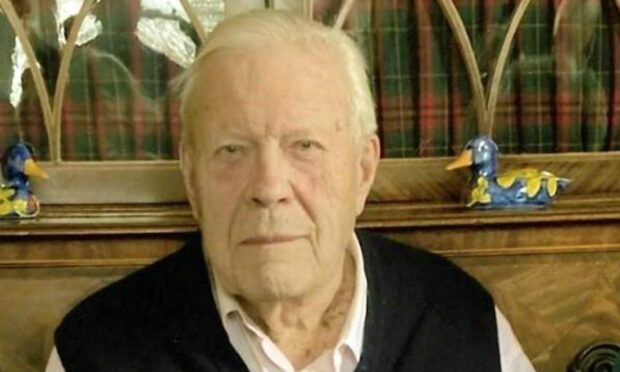
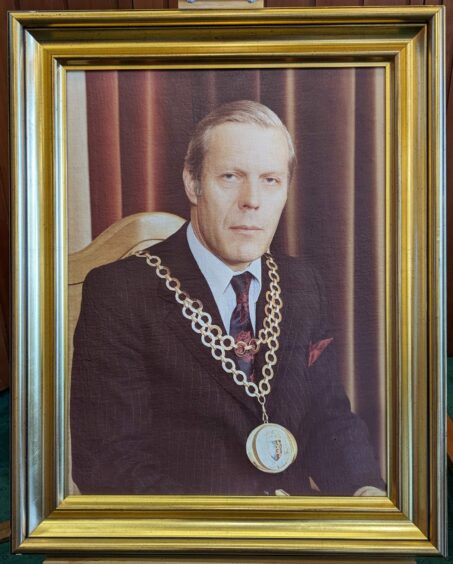
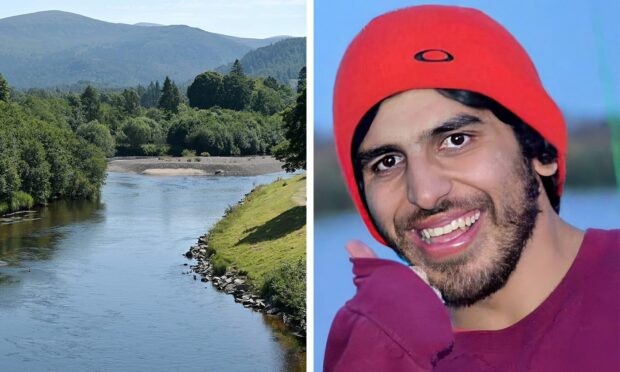
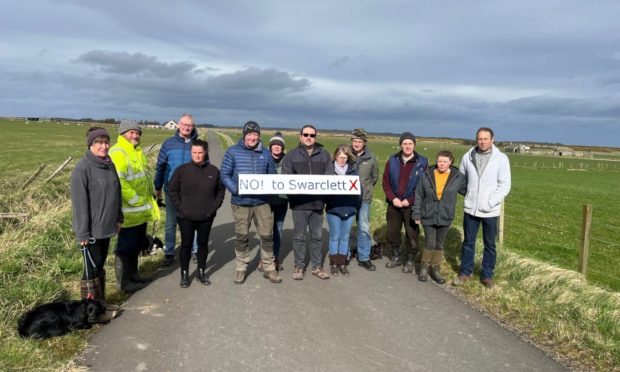
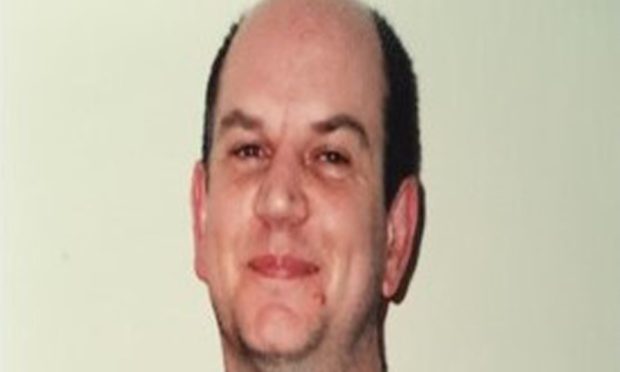
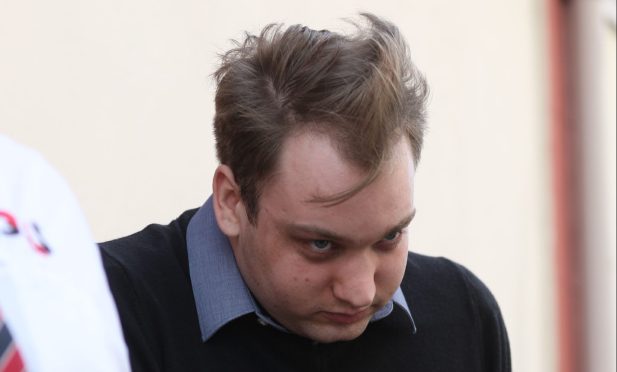
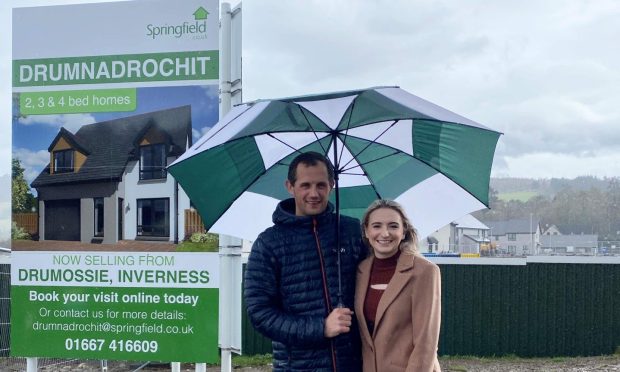
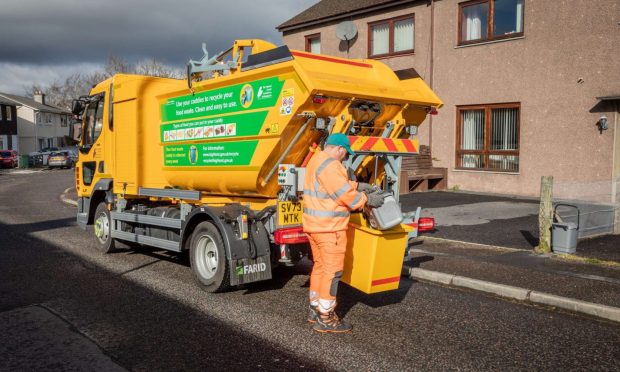
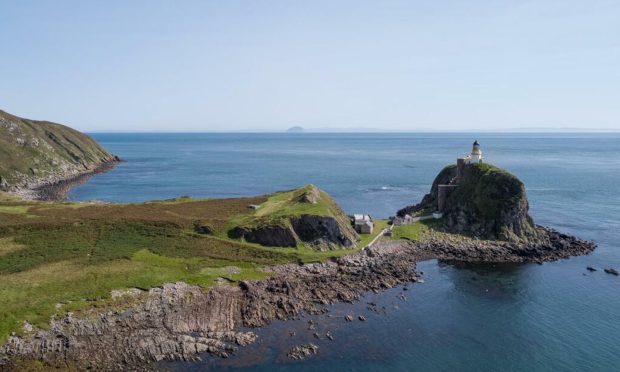

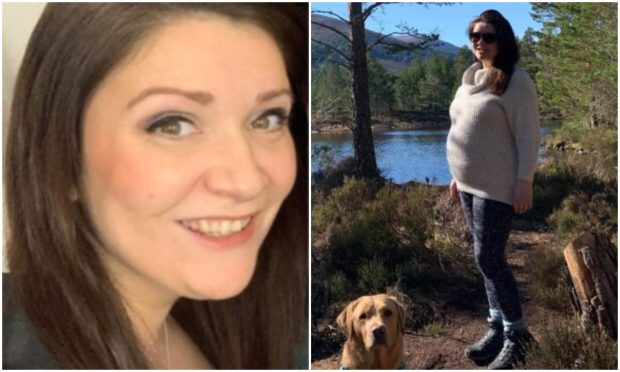
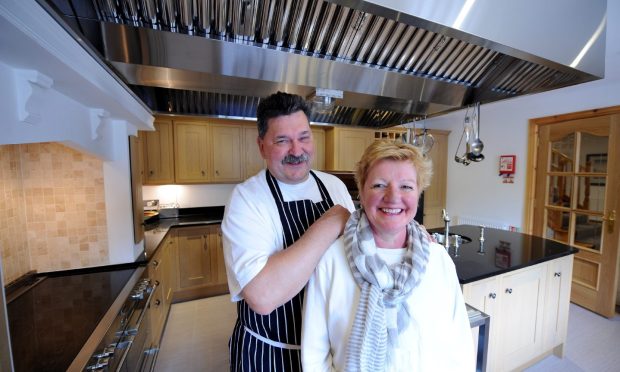
Conversation